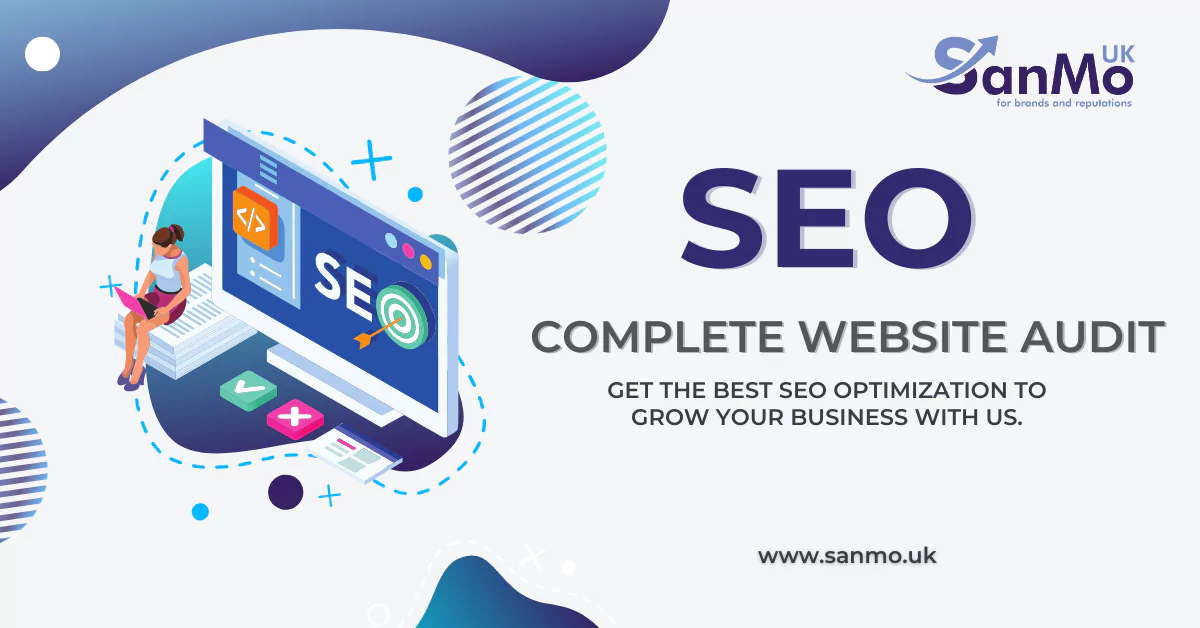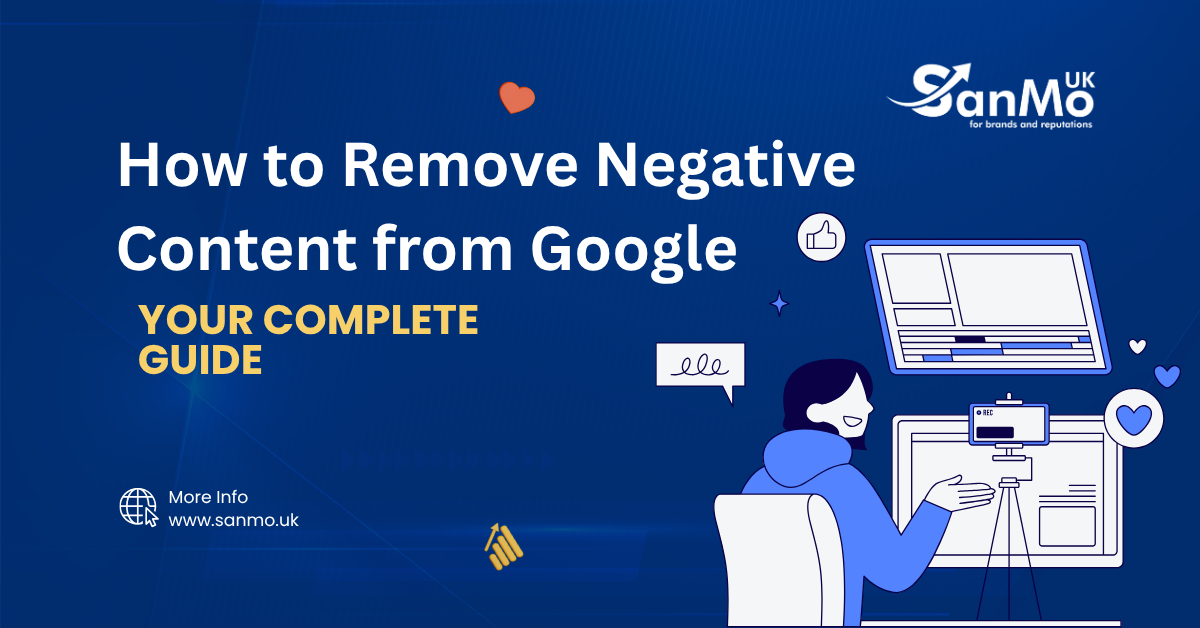In today’s digital world, a strong online presence is essential, and your website often serves as the primary touchpoint for potential customers. To ensure your website is functioning optimally, reaching the right audience, and providing a seamless experience, a complete website audit is essential. This process involves a thorough evaluation of your site’s technical performance, SEO, content, and user experience. A website audit reveals the strengths and weaknesses of your online presence, helping you improve rankings, increase traffic, and better engage your visitors. But beyond just fixing issues, a website audit can be a strategic opportunity to drive growth and stay ahead of the competition.
1. Understanding What a Website Audit Involves
Before we dive into the reasons why a website audit is necessary, let’s break down what a “complete website audit” actually includes. This audit process generally examines three primary areas:
- Technical Health: This includes evaluating your site’s speed, mobile responsiveness, broken links, server issues, and general code quality.
- On-Page SEO and Content Quality: Here, the focus is on keyword optimization, metadata, content quality, and image alt tags, ensuring that your website aligns with current SEO best practices and provides value to users.
- User Experience (UX) and Design: A good audit will analyze site navigation, design layout, call-to-action placement, and overall usability to ensure visitors find it easy and enjoyable to interact with your site.
Let’s dive into the specific reasons why conducting a complete website audit is crucial for your business.
2. Improving Your SEO Performance
SEO is one of the most compelling reasons for a complete website audit. Search engines like Google use complex algorithms to decide which websites appear on the first page of search results, and a well-optimized site is essential to rank higher and reach your target audience.
- Keyword Optimization: Over time, keywords that people use to search can change, and so can the best practices for incorporating them. An audit can reveal if your current keywords still make sense or if you need to adjust.
- Updating Metadata: A complete audit will include a review of your meta titles, descriptions, headers, and other SEO elements. Optimizing these can improve your site’s visibility in search results.
- Addressing Broken Links and Errors: Broken links, error pages, and server issues can harm your SEO ranking. A comprehensive audit will catch these and allow you to correct them, providing a seamless experience for both users and search engine crawlers.
With regular SEO audits, your site can maintain a strong online presence, improving visibility and driving more organic traffic to your business.
3. Enhancing User Experience (UX)
Your website’s design and usability are vital for keeping visitors engaged and encouraging them to take action, whether that’s making a purchase, filling out a form, or subscribing to a newsletter. If your site is difficult to navigate or cluttered, users are more likely to leave, impacting your bounce rate and conversions.
- Improving Navigation: A complete audit can reveal if users are having trouble finding important information, like contact details or product pages. Simplifying your navigation and adding helpful links can improve this.
- Mobile Optimization: With an increasing number of users accessing websites on mobile devices, a mobile-friendly design is a must. During a website audit, mobile responsiveness is analyzed to ensure your site functions as well on smartphones and tablets as it does on desktops.
- Page Load Speed: Slow-loading pages can frustrate users and increase bounce rates. An audit identifies heavy elements like large images, scripts, and code that could be slowing down your site. By optimizing these, you can create a faster, smoother experience.
In short, a website audit can reveal any areas where user experience is compromised, allowing you to make changes that retain users and increase engagement.
4. Identifying and Resolving Technical Issues
Even if a website looks polished on the surface, technical issues might be lurking under the hood. Technical problems can make your site vulnerable to hacks, slow down your load times, or prevent search engines from indexing your site effectively.
- Crawling and Indexing Errors: If search engines have trouble crawling or indexing your website, it’s unlikely to appear in search results. An audit identifies these errors, so they can be addressed.
- Security Vulnerabilities: An audit also examines your website for potential security issues, including outdated plugins or weak passwords. With data breaches and cyber-attacks on the rise, ensuring your site is secure should be a top priority.
- Compatibility Issues: Sometimes, your website might not display properly on certain browsers or devices. A comprehensive audit will test your site on multiple platforms to ensure it’s universally accessible.
A complete website audit gives you a roadmap for tackling these technical issues head-on, ensuring your site runs smoothly and securely.
5. Boosting Conversions and Sales
At the end of the day, your website is a tool for achieving business goals. Whether that’s making sales, generating leads, or building brand awareness, a well-optimized website can make all the difference.
- Conversion Rate Optimization (CRO): An audit will analyze your site’s call-to-action (CTA) buttons, forms, and checkout process. Are your CTAs prominent and compelling? Is your checkout process simple and quick? Identifying and refining these elements can significantly boost conversions.
- Personalization and Targeted Content: Through an audit, you can determine whether your content and offers are resonating with your audience. A complete audit gives insight into what’s working and what isn’t, so you can tailor your content strategy accordingly.
- User Journey Analysis: By understanding how users move through your site, you can identify obstacles that prevent them from converting. An audit can help you streamline their journey, making it easier for users to go from landing on your page to taking action.
An optimized website is a powerful asset, helping you turn visitors into customers, clients, or subscribers.
6. Keeping Up with Trends and Competitors
The digital landscape changes constantly, and so do user expectations and best practices for websites. A website that was modern and fully optimized two years ago may now seem outdated or lack features users have come to expect.
- Staying Current with Design Trends: Web design trends evolve quickly. A website audit can reveal if your site feels outdated and help you keep it fresh with modern design elements and functionality.
- Benchmarking Against Competitors: Auditing your site can also involve comparing it to competitors’ sites. How does your performance stack up? Are there areas where competitors are doing better? Understanding these gaps can be crucial for staying competitive.
- Adapting to Algorithm Updates: Search engine algorithms are updated regularly, and these changes can impact your rankings. An audit allows you to adjust your site’s SEO strategy to keep pace with these updates.
Regular audits help you adapt to changes in both user behavior and industry standards, ensuring your site remains relevant, competitive, and effective.
7. Making Data-Driven Decisions for Future Growth
A website audit doesn’t just highlight areas that need improvement; it also gives you valuable data and insights to guide future business decisions. By examining data from user behavior, conversion rates, and search performance, you gain a clear picture of where your site stands and what you can do to grow.
- Analyzing Traffic Sources: Knowing where your visitors are coming from—whether that’s organic search, social media, or referral sites—can help you decide where to focus your marketing efforts.
- Content Performance: By analyzing which content is most popular or engaging, you can tailor your content strategy for maximum impact. If certain topics resonate more with your audience, you’ll have a better idea of what type of content to create in the future.
- Setting KPIs for Future Audits: A thorough audit provides benchmarks for future audits, helping you track your website’s growth and set key performance indicators (KPIs) for continuous improvement.
In short, a website audit doesn’t just fix problems; it sets the foundation for a stronger, more strategic online presence.
Conclusion:
A complete website audit might seem like a big task, but the benefits are substantial and long-lasting. By identifying technical issues, optimizing SEO, enhancing user experience, and aligning with the latest trends, a website audit can transform your website into a powerful tool for growth. Think of it as a smart investment in your digital future; regular audits not only keep your site performing at its best but also help it stay relevant and competitive in a constantly changing digital world. So if you want to make a real impact online, prioritize a complete website audit and watch as your site becomes a driving force for your business’s success.








